
Our Planet, Our Future
-
Green Business After COP26

Green Business After COP26
Johan Rockström & Tobias Raffel show that corporate leaders are increasingly putting sustainability strategies at the top of their agenda. -
Deciding Humanity’s Future
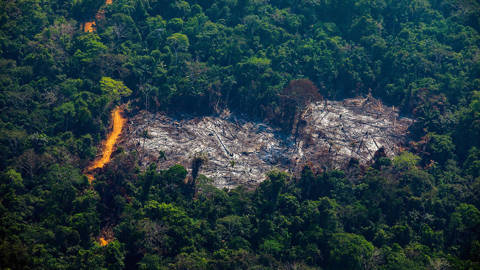
Deciding Humanity’s Future
Johan Rockström, et al. see the G7’s latest climate commitments as necessary and welcome, but still ultimately insufficient. -

In the run-up to the first-ever Nobel Prize Summit, Project Syndicate – in partnership with the Nobel Foundation, the Potsdam Institute for Climate Impact Research, the US National Academy of Sciences, and the Stockholm Resilience Centre – is bringing together scientists, policymakers, business leaders, and Nobel laureates to analyze and debate some of the most pressing issues of our time. From climate change and biodiversity to inequality and digital disruption, the world’s leading thinkers will weigh in on the many dimensions of our increasingly urgent quest for a sustainable future.
-
The Tragedy of Climate Change
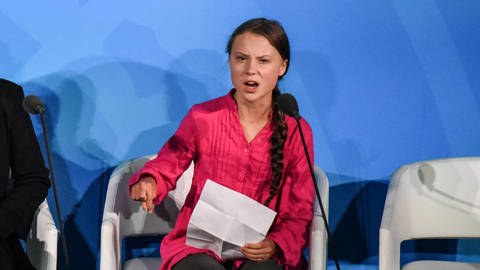
The Tragedy of Climate Change
Bryan Doerries urges scientists and world leaders to take a page out of Sophocles' rhetorical playbook. -
An Interview with Edmund S. Phelps

An Interview with Edmund S. Phelps
Edmund S. Phelps identifies thinkers who led economics astray, assesses China’s innovative capacity, and shows why employment subsidies would do far more good than a universal basic income. -
Will the Fourth Industrial Revolution Serve Sustainability?
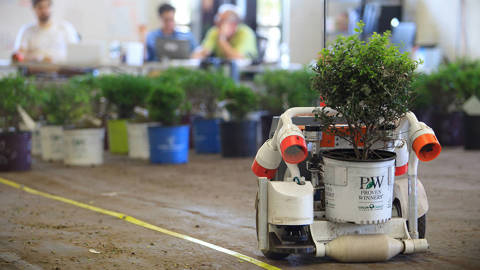
Will the Fourth Industrial Revolution Serve Sustainability?
Victor Galaz warns that smart technologies will not necessarily boost the long-term resilience of people and the planet. -
Reimagining Education for All in Africa
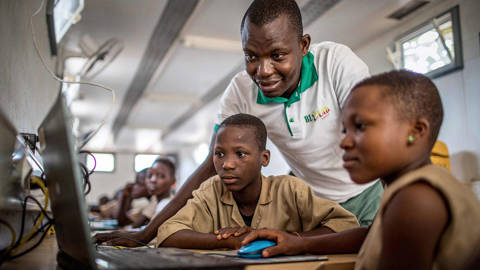
Reimagining Education for All in Africa
Connie Nshemereirwe explains why efforts to reform the continent’s school systems must go beyond expanding access. -
Valuing Resilience After the Pandemic
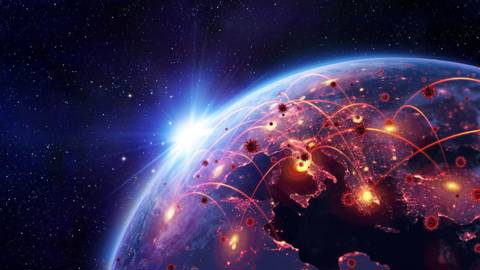
Valuing Resilience After the Pandemic
Carl Folke argues that strengthening the biosphere and addressing inequality can help the world to weather future shocks. -
Getting the Social Cost of Carbon Right
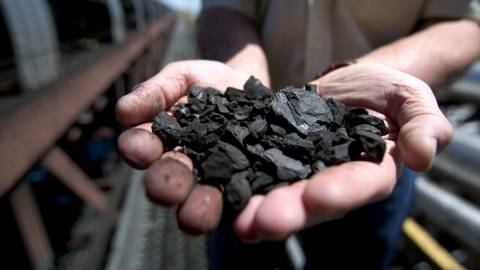
Getting the Social Cost of Carbon Right
Nicholas Stern & Joseph E. Stiglitz urge the Biden administration to put a higher price on greenhouse-gas emissions than its predecessors.











